China is seeking to ease export controls on high-bandwidth memory (HBM) — a key component in artificial intelligence (AI) chipmaking — in a new trade deal with the United States, ahead of a possible summit between President Donald Trump and President Xi Jinping.
Chinese officials have told experts in Washington that they want the Trump administration to lift some export restrictions on HBM, a high-speed memory chip that is key to making advanced AI chips, according to multiple people familiar with the matter.
Over the past three months, US Treasury Secretary Scott Bessent and Vice Premier He Lifeng have led three rounds of US-China trade negotiations.
Some sources said the HBM issue was raised by China in the discussions. However, the content of the negotiations was not made public and the US Treasury Department declined to comment on this information.
The deadline for the two sides to reach a deal and avoid reimposing higher tariffs is August 12. However, US Commerce Secretary Howard Lutnick said last week that the White House could extend the “ceasefire” for another 90 days.
China has long expressed opposition to export controls announced by former President Joe Biden in 2022 that would hinder the country from buying or producing advanced AI chips.
In 2024, the White House further tightened restrictions by banning HBM exports to China, which is believed to be aimed at curbing Huawei and China’s Semiconductor Manufacturing International Corporation (SMIC) from developing AI chips.
Recently, public attention has begun to turn to Nvidia's H20 chip - a product designed specifically for the Chinese market after the US banned the export of more advanced chips.
According to the Financial Times, the US government has granted an export license for H20 after Nvidia CEO Jensen Huang met with President Trump. However, many experts say that what worries Chinese officials the most is the HBM control order, because it directly limits the ability of Chinese companies - including Huawei - to develop AI chips themselves.
In addition to HBM, the White House is also keeping an eye on Chinese companies using Nvidia's unregulated gaming graphics chips for AI purposes.
Some 4090D and 5090D GPUs are now being advertised in China as being able to train AI models. The Financial Times reported that $1 billion worth of Nvidia’s advanced AI chips were smuggled into China in the second quarter of 2025.
Rep. John Moolenaar, chairman of the House China Committee, called on Nvidia and the U.S. Bureau of Industry and Security (BIS) to increase oversight. But Nvidia asserted that its gaming GPUs sold in China do not require a license, are designed for individual consumers, and are “not a viable solution” for building large-scale AI server farms./.
Source: https://www.vietnamplus.vn/trung-quoc-muon-my-noi-long-kiem-soat-chip-ai-de-doi-lay-thoa-thuan-thuong-mai-post1054863.vnp






![[Photo] President Luong Cuong receives Speaker of the New Zealand Parliament Gerry Brownlee](https://vphoto.vietnam.vn/thumb/1200x675/vietnam/resource/IMAGE/2025/8/29/7accfe1f5d85485da58b0a61d35dc10f)
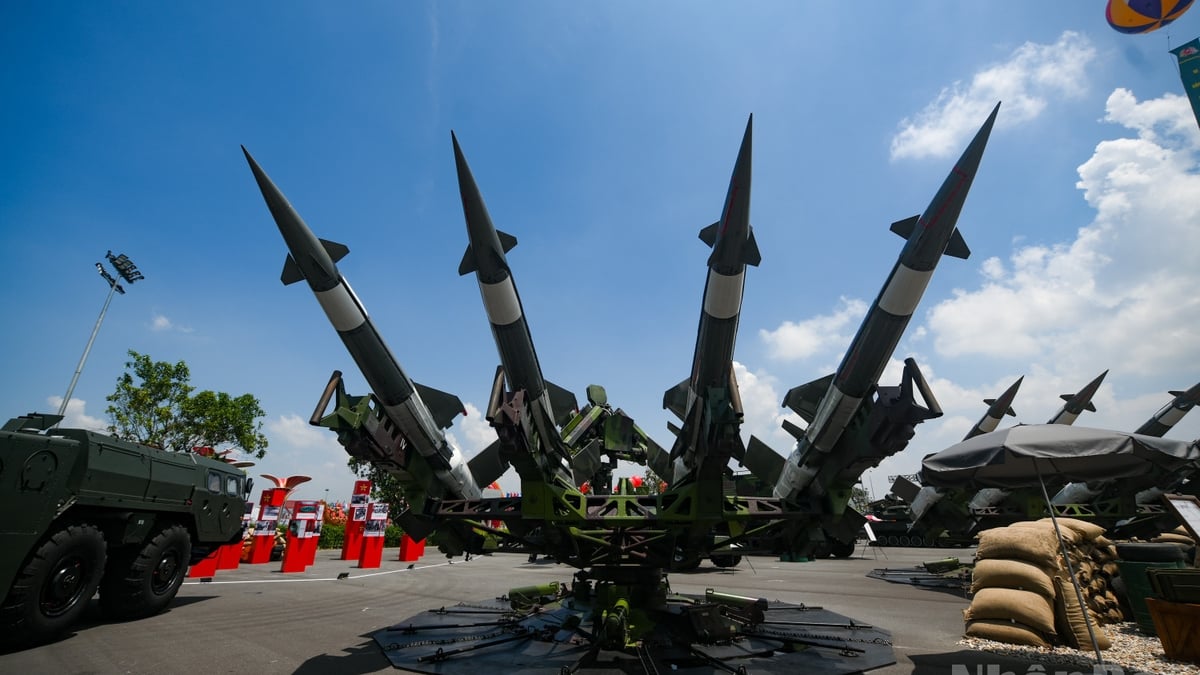
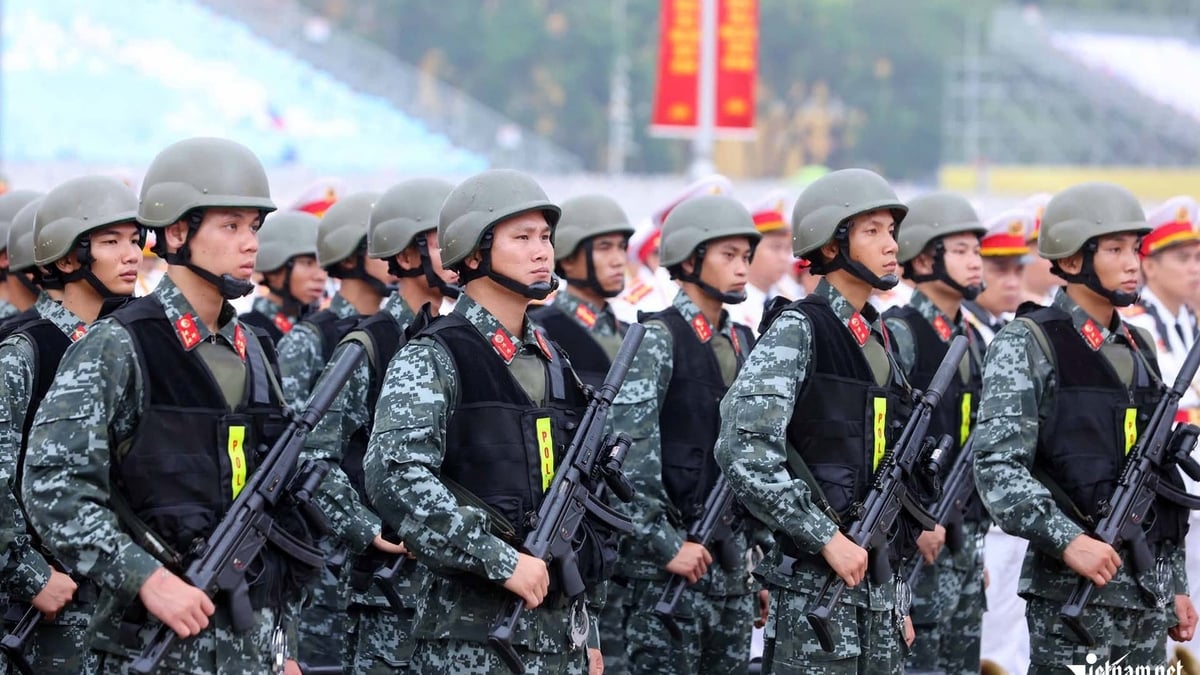



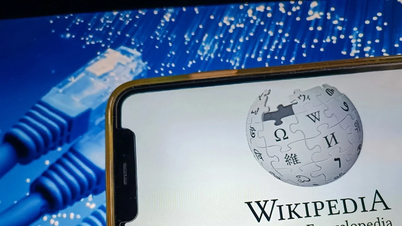




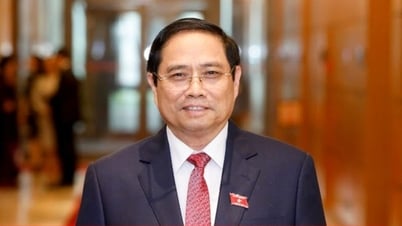



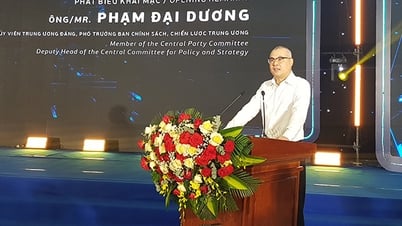


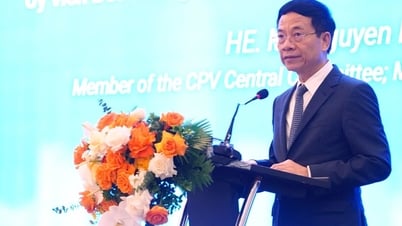
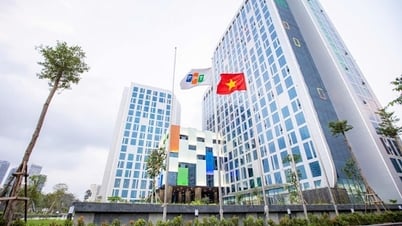





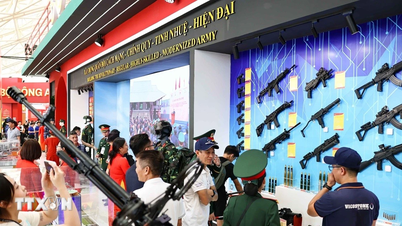
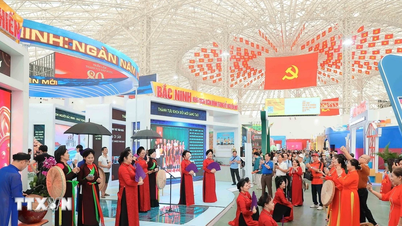
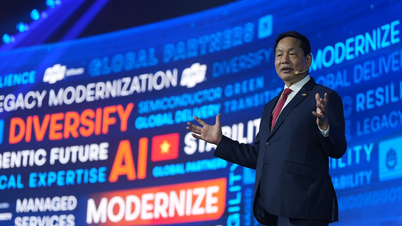
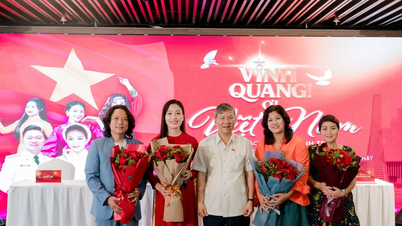
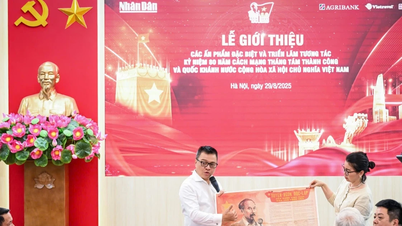

![[Photo] Hanoi is ready to serve the occasion of the 80th National Day Celebration on September 2nd](https://vphoto.vietnam.vn/thumb/1200x675/vietnam/resource/IMAGE/2025/8/29/c838ac82931a4ab9ba58119b5e2c5ffe)










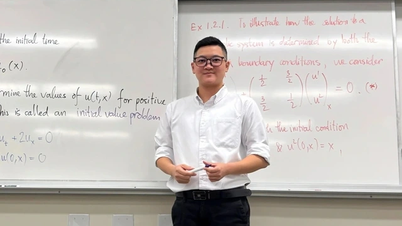
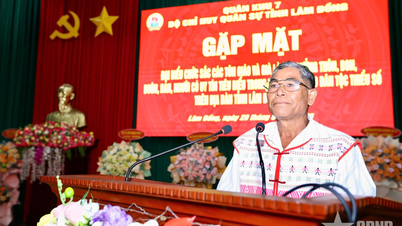

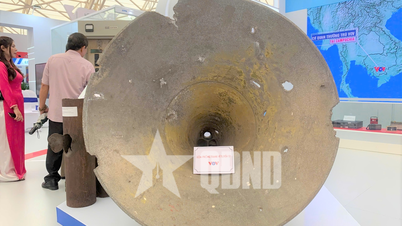


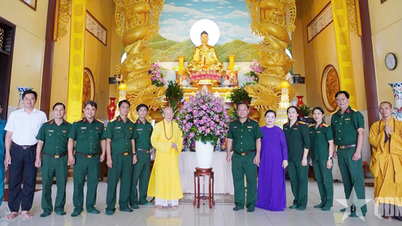
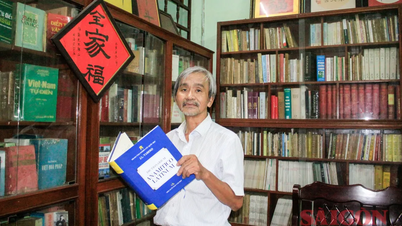

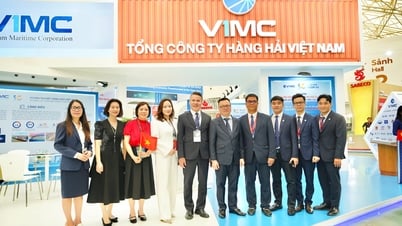











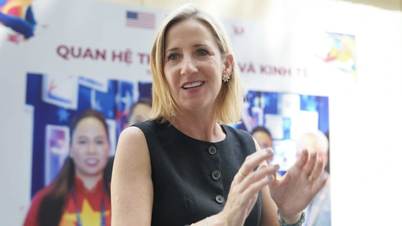

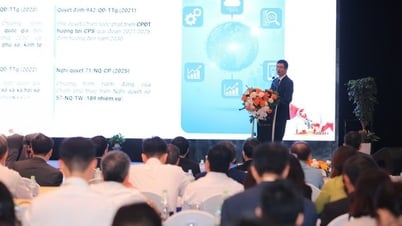

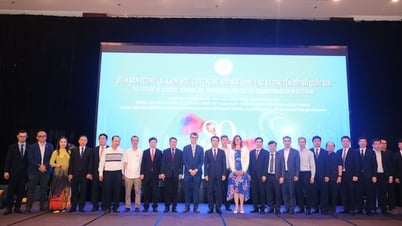


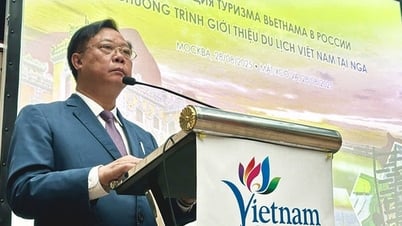


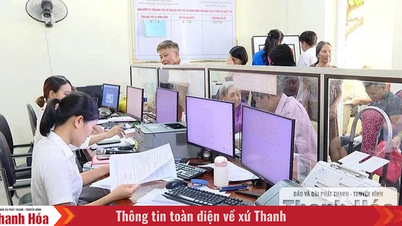



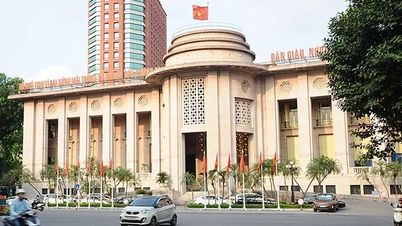








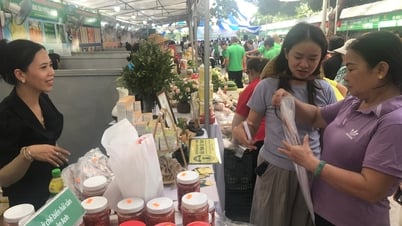







Comment (0)